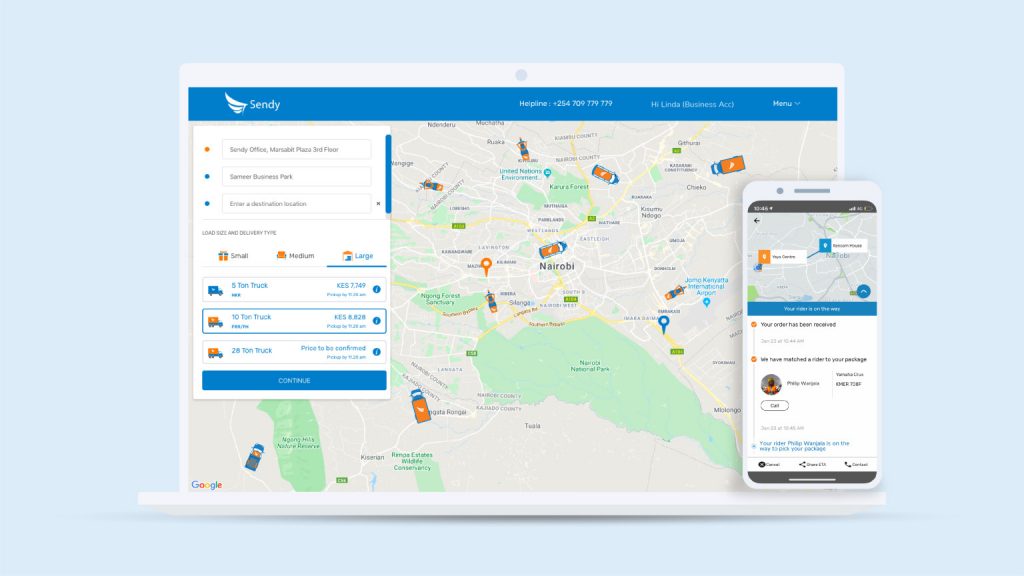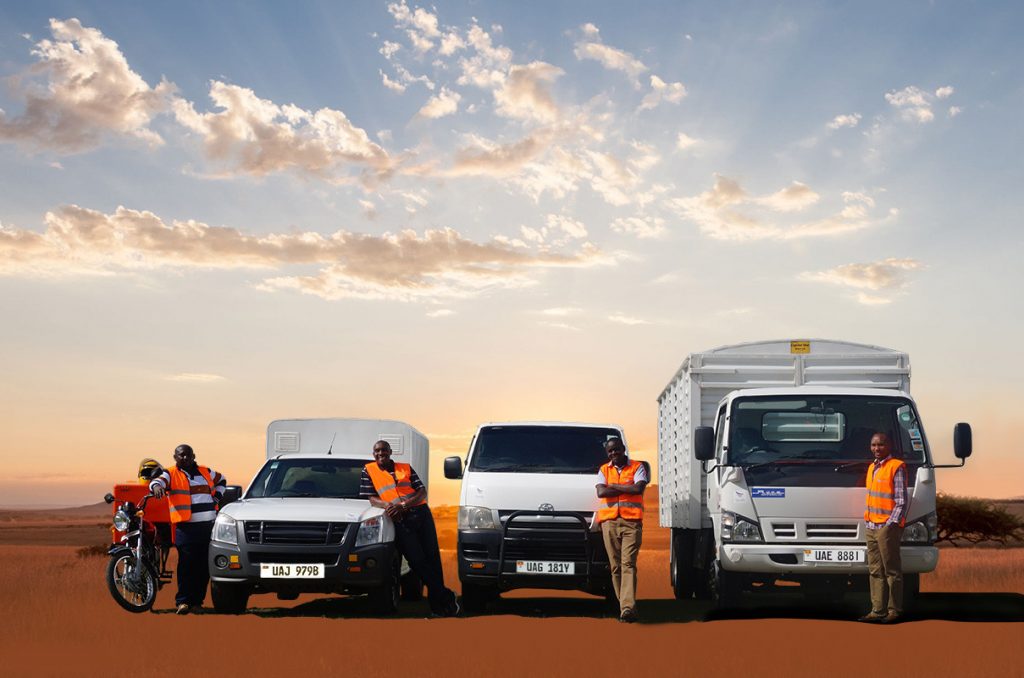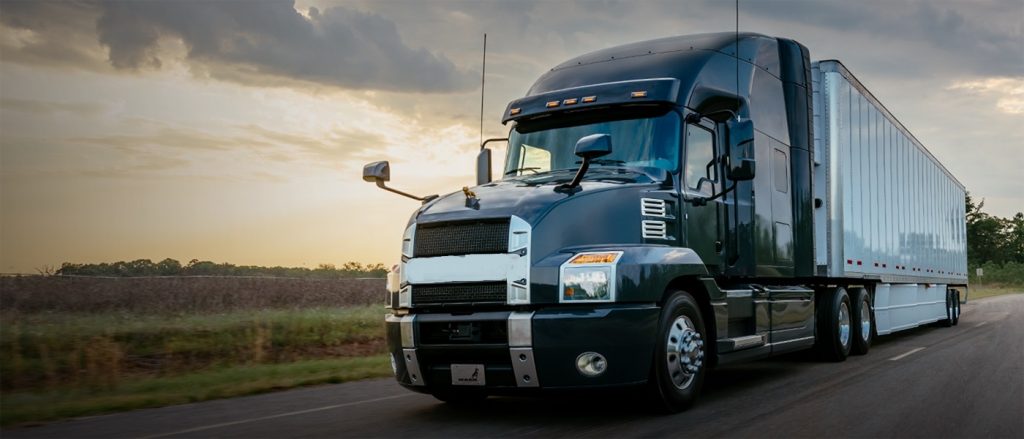Last year, Africa’s logistics sector attracted increased interest from foreign investors. The trend has continued this year as Kenyan logistics startup, Sendy has raised $20M in Series B Funding round. The round was led by foreign investors, Atlantica Ventures and Toyota Tsusho Corporation.


Speaking on the development, the startup CEO, Mesh Alloys explained that the funds will be invested in beefing up the company’s staff strength as well as upgrading its tech.
“Getting better operational efficiency is super key so we’ll invest…in engineering teams and data teams…and deploying talent to improve the services that we give our customers,”
Mesh Alloys, CEO of Sendy
He added that the latest funding will help the startup set a competitive stance in the continents logistics space as they plan to expand into West Africa this year.
Sendy’s Series B round of funding comes after Nigerian logistics startup, Kobo360’s raised $20 million in Series A round backed by Goldman Sachs and East African logistics startup. Kenya’s logistic startup, Lori Systems also raised $30 million in a round led by Chinese investors late last year.
Interest in Africa’s Logistics Space is on the rise
Around 90% of Africa’s trade happens by sea, making the network a crucial part of the continent’s economy.
According to PwC Transportation & Logistics Global Leader, Klaus-Dieter Ruske, Africa’s future growth and development will depend on the quality and efficiency of its logistics network.
“Whether moving resources off the continent or bringing goods and services into its burgeoning economies, Africa’s future growth and development will depend on the quality of its infrastructure and the efficiency of its transport networks,”
Klaus-Dieter Ruske, PwC Transportation & Logistics Global Leader.
Compared to developed economies like the US and China, Africa logistics infrastructure is poor. This difficulty creates a real opportunity for entrepreneurs and innovators with models to improve transport networks and tap into the market.


The need for reliable, quality and more efficient models of logistics to transport the vast premium raw commodities like oil, gas, and mineral resources available on the African continent creates a huge market for logistics startups like Kobo360 and Sendy.
Africa’s agricultural sector also provides mouth-watering opportunities for the logistics sector. According to the Federal Institute of Industrial Research (FIIRO), Nigeria recorded a post-harvest loss of about $9bn in 2017. They attributed 50% of that loss to a lack of appropriate logistics suitable for perishable produce.
Kobo360’s recent partnership with Kenyan Agric marketplace start-up, Tulaa to help transport farm produce to the market is one of such opportunities.
According to the International Monetary Fund (IMF), projected annual growth rates for the Nigerian and Kenyan logistics infrastructure are 6.8%.and 6.2%, respectively. This is not surprising as major tech investors like Goldman Sachs and Toyota are have developed an interest in successful startups in the sector.


Consequently, the construction of several new ports across the continent including Lekki in Nigeria, and Lamu in Kenya also makes logistics networks in those regions highly desirable.
Also, the rapid growth of online retailing in Sub-Saharan Africa is contributing to the trend of growth in the logistics sector. The African online retail sector was forecast to be worth $50 billion by 2018.
The lack of logistics to deal with increasing demand was one challenge that forced e-commerce giants like Jumia and Konga to develop their own delivery services during their early years of operation.
Currently, even after listing in the New York burse and expanding into many markets, Jumia’s delivery costs remains one of the company’s largest expenses.
However, with the increasing interest of foreign investors in Africa’s top business hubs like Nigeria and Kenya, the logistics sectors have much to gain. The continuous influx of funding and positive competition could further foster the symbiotic growth of both on-demand delivery and e-commerce sectors.






